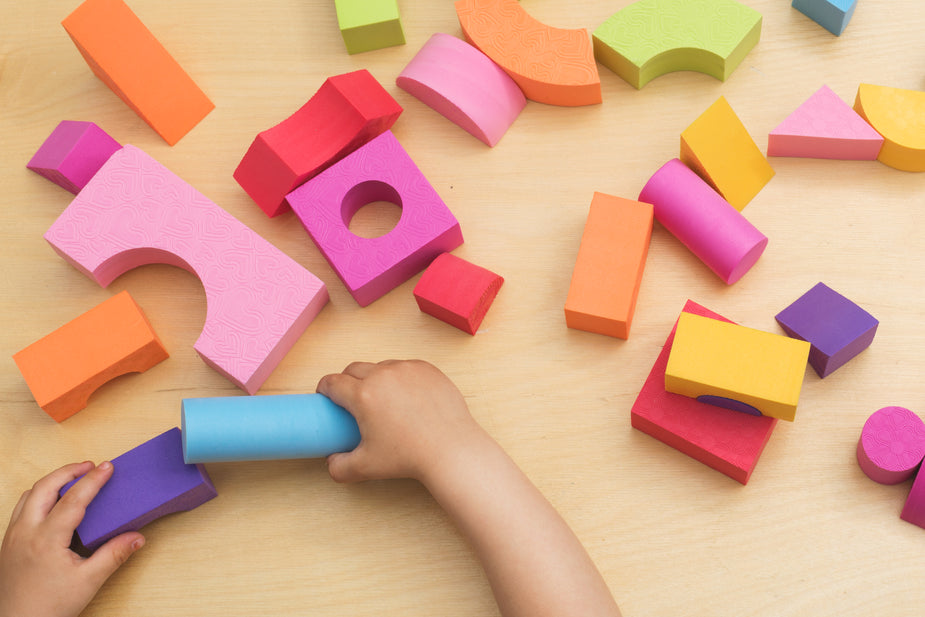
Choosing the Right Montessori Toys for Your Child's Developmental Stage
Share
Choosing toys for your child can be overwhelming, but when it comes to Montessori-inspired toys, you have a guiding principle: choose toys that promote independent exploration and align with your child's developmental stage. Montessori toys are designed to stimulate a child's natural curiosity, encourage hands-on learning, and foster independence. In this guide, we'll explore how to select the right Montessori toys for your child at each developmental stage, from infancy through early childhood.
Focus on toys that stimulate the senses: soft, textured items, rattles, and toys with contrasting colors.
Choose toys that encourage grasping, reaching, and hand-eye coordination, such as simple wooden rattles or fabric balls.
Consider toys that promote cause-and-effect relationships, like toys with buttons or levers that produce sounds or movements.
Opt for toys that are safe for mouthing and exploring, made from natural materials and non-toxic finishes.
Toddlerhood (1-3 years):
Select toys that support fine and gross motor skills development, such as stacking blocks, shape sorters, and puzzles with large, chunky pieces. Introduce toys that encourage imaginative play, such as play kitchens, dollhouses, and simple dress-up costumes.
Choose toys that promote language development, including picture books, simple puzzles with pictures, and toys that encourage conversation and storytelling.
Look for toys that encourage practical life skills, such as child-sized brooms, watering cans, and kitchen utensils for pretend cooking.
Prioritize open-ended toys that allow for creative exploration and problem-solving, such as building blocks, art supplies, and pretend play sets.
Introduce toys that support early literacy and numeracy skills, such as alphabet puzzles, counting beads, and letter tracing boards.
Select toys that promote social and emotional development, including cooperative games, dolls with diverse identities, and emotion recognition flashcards.
Consider toys that encourage scientific exploration and discovery, such as magnifying glasses, simple science kits, and nature exploration tools.
By choosing Montessori toys that are appropriate for your child's developmental stage, you can provide them with enriching experiences that support their growth and learning. Remember to prioritize toys that promote independence, encourage hands-on exploration, and align with your child's interests and abilities. With the right selection of Montessori-inspired toys, you can create an environment that nurtures your child's natural curiosity, creativity, and love of learning.




